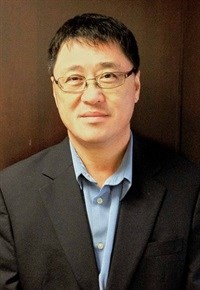
Top stories




ESG & Sustainability#BudgetSpeech2026: SRD grant unchanged, other Sassa social grants see hike
17 hours

More news














ESG & Sustainability
South Africa’s carbon tax should stay: climate scientists explain why












Now Boehringer Ingelheim has entered into a three year research collaboration and license agreement with Yale focused on immune-modulation, the harnessing of a patient's immune system to fight disease. The collaboration will utilize Chen's expertise to discover therapeutics that target novel molecular pathways that could improve patient outcomes in cancer and autoimmune diseases and improve organ transplant tolerance.
"We are very much looking forward to working closely with Dr. Chen and other scientific leaders in this innovative and emerging field as part of this joint research program," says Michel Pairet, M.D., Senior Corporate Vice President of Research and Non-clinical Development at Boehringer Ingelheim. "This research collaboration affirms our commitment to the area of immune-modulation for both inflammatory diseases and oncology. In oncology, this will ideally complement our ongoing efforts in the fields of targeted therapy and cancer vaccines.
"This collaboration will help us to identify important pathways, and what the biological application of modulating those pathways will be," Dr. Chen says. "We will investigate whether these new pathways could become future drug targets."
Chen says immunotherapy has a leading role to play in treating cancer and other diseases. And because these pathway-blocking drugs selectively work on the tumor site, they can launch a durable attack without the devastating side effects of chemotherapy. In fact, Chen believes these inhibitors will replace chemotherapy in large extent. "I think chemotherapy will slowly fade away and people will use these inhibitor drugs in combination with other therapeutics," he says. "It is a lot more effective and a lot less toxic."
Source: Yale University